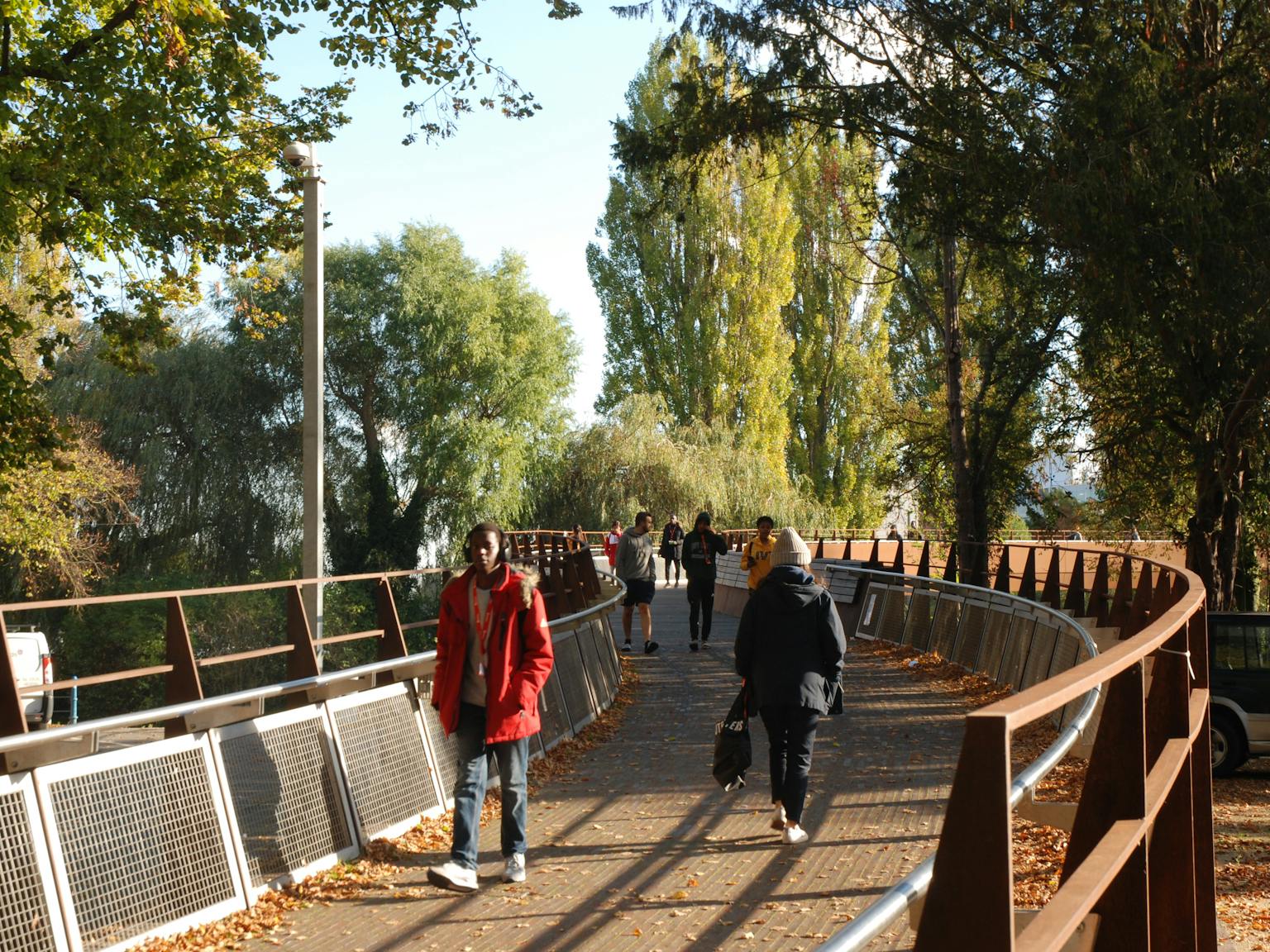
Retirement flats ‘not adaptable to climate change’
We were interested to read of a recent planning appeal decision relating to the proposed development of a retirement complex in Bristol.
Bristol City Council was concerned that south and west-facing rooms in proposed apartments would be at risk of unacceptable heating through solar gain, leading to uncomfortably high internal temperatures. Consistent with the National Planning Policy Framework, local planning policy indicates that developments should, in their design and construction, provide resilience to climate change, which is likely to lead to hotter, drier summers and milder winters. A supporting Practice Note recognises that in applications for accommodation for the elderly, an ‘at risk group’, it is important to demonstrate how comfortable living conditions will be maintained.
Following an overheating assessment, the Appellant argued that a combination of room sizes, openable windows, insulated hot water pipes, ventilation and the use of blinds or curtains would “adequately regulate internal temperatures during periods of high sunshine”. However, the Inspector disagreed, commenting that even “modern developments built to the latest standards…are prone to overheating through solar gain if they face south”. The Inspector also acknowledged that the use of curtains and blinds can mitigate solar gain, but reasoned that it would not be acceptable for residents, who would be occupying the rooms for most of the day, to have their blinds/curtains drawn for significant periods or to ‘de-camp’ to communal rooms to avoid the heat.
The Appeal was dismissed, partly due to a failure to adequately demonstrate that the development could adapt to the effects of climate change.
There are currently around 2,000 heat-related deaths per year in the UK and this is projected to increase to 7,000 by 2050 with rising temperatures and a growing and ageing population. Importantly, there is also evidence that heatwaves may exacerbate mental and behavioural disorders.
In a recent Parliamentary Inquiry into the level of resilience to heatwaves, it was argued that following the withdrawal of funding to support local authority climate change adaptation programmes, “heatwave adaptation had slipped to the bottom of the pile”, with the absence of development plan policies to address overheating highlighted specifically.
This particular Appeal decision therefore represents an important step forward in recognising the role of planning policy in helping to address the health and wellbeing consequences of rising temperatures in the UK. It demonstrates the effective translation of national policy into development plan policy, which then enables a case by case consideration of the resilience of development proposals to climate change, including the discussion of appropriate design and construction measures and of the evidence base required to support planning decisions in relation to climate change resilience.
Read the Inspector’s Report (case reference 3198899) here.










